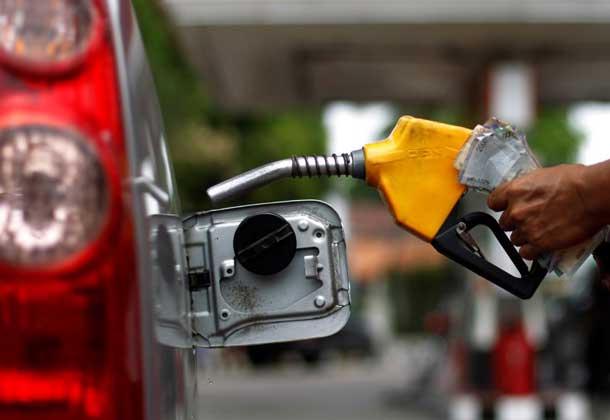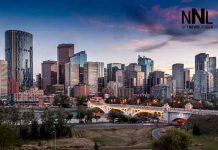THUNDER BAY – NEWS – Donald Trump’s recent pitch for a 25-percent tariff on imports from Canada and Mexico, tied to stopping illegal drugs and migration, has reignited fears of intensified U.S. deportation policies. If implemented, this could transform Canada’s immigration system into a crisis zone, with potentially thousands of asylum seekers fleeing north to evade Trump’s expected crackdown.
While Trump’s policies dominate headlines, Canada must prepare for the very real possibility of a surge in irregular migration at our southern border. This influx could test Canada’s immigration infrastructure, border security, and humanitarian resolve.
An Unprepared Border for a Possible Surge
Richard Huntley, a former senior Canadian Border Services Agency (CBSA) official, paints a grim picture of Canada’s readiness. With limited personnel, drones, and patrols compared to the heavily armed and tech-equipped U.S. Border Patrol, Canada’s vast and often remote border is vulnerable.
Irregular border crossings aren’t a new phenomenon. In recent years, asylum seekers have trekked through harsh climates and hazardous terrains, often with tragic results. The 2022 case of the Patel family, who perished attempting to cross into Manitoba, is a stark reminder of the stakes involved.
Strained Resources and Gaps in Processing
Canada’s immigration detention facilities are sparse, with only Vancouver, Toronto, and Montreal equipped to handle detainees. Huntley notes that provinces once held immigration detainees, but current policies leave the system unprepared for large-scale arrivals.
Further complicating matters, deportations of those denied refugee status are often hindered by logistical and diplomatic challenges. For example, Cuba refuses to take back its nationals, leaving some undocumented individuals in Canada indefinitely.
Humanitarian Pressures Meet Systemic Overload
Canada’s reputation for being welcoming to asylum seekers is a double-edged sword. It underscores the country’s humanitarian values but also attracts individuals who see Canada as a beacon of hope.
However, the current system, already strained, could collapse under the weight of a significant influx.
Refugee claims must be processed quickly, the dilemma is that to delay is to risk long-term integration issues that are difficult to untangle. Ottawa in order to deal with this would have to expand resources, including hiring more immigration judges, to manage claims more efficiently.
Organized Crime and Smuggling Risks
With desperation driving migration, human smuggling operations could flourish. The problem is highlighting the lucrative business of “coyotes” who guide migrants to the Canadian border, often with little risk of being apprehended.
Organized crime could exploit these circumstances, compounding security and humanitarian challenges.
Balancing Humanity and Policy
Canada faces a complex dilemma. How do we maintain our reputation as a compassionate nation while ensuring border integrity and resource management?
This question looms large as Trudeau’s government balances ambitious immigration targets with rising geopolitical tensions.
The stakes are high. The issue is a contrast between Canada as a place to start over, or not. It’s a sentiment that resonates—but one that demands pragmatic solutions to ensure both national security and the humane treatment of those seeking refuge.







